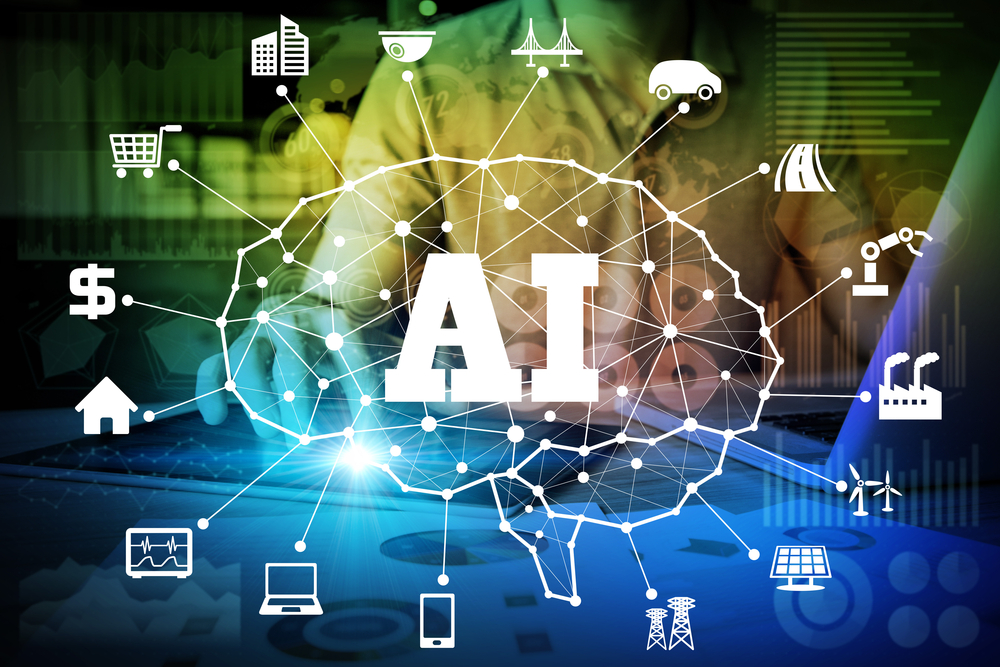We serve a global clientele with a focus on providing high-quality, scalable, and efficient solutions.
The Future of Hospitality
Embracing Technological Innovation
Home The Future of Hospitality
Embracing Technological Innovation
Embracing Technological Innovation

By Launch & Expand
0 comments
March 1, 2026
The Future of Hospitality
Embracing Technological Innovation
The hospitality industry is entering a groundbreaking era driven by rapid advancements in technology. Innovations in software, hardware, and digital solutions are reshaping how hotels, resorts, restaurants, and tourist attractions operate while enhancing guest experiences like never before. From artificial intelligence (AI) and automation to virtual reality (VR) and smart technology, the tools available today offer unparalleled opportunities for personalized, efficient, and memorable interactions.
This article explores the latest technological trends revolutionizing hospitality and the benefits of adopting these innovations to stay competitive in a rapidly evolving landscape.

Key Hospitality Technology Trends
Artificial Intelligence (AI) and Machine Learning (ML)
The role of AI in hospitality has evolved beyond chatbots and virtual assistants. AI now drives predictive analytics for demand forecasting, enabling businesses to anticipate guest needs and tailor services accordingly. Hyper-personalized marketing campaigns powered by AI deliver customized experiences, increasing guest satisfaction and loyalty. Looking ahead, AI is poised to enable intuitive, hands-free operations, automating tasks such as bulk check-ins and personalized room settings to streamline services.
Internet of Things (IoT) and Smart Technology
IoT devices are revolutionizing room personalization, allowing guests to control lighting, temperature, and entertainment through smart devices. Emerging trends, like remote luxury cabins by brands such as Raus, highlight the need for flexible IoT solutions that cater to diverse accommodation styles. The integration of smart technology ensures a seamless and adaptable guest experience, enhancing comfort and convenience.
Contactless and Mobile Solutions
The push towards digitalization has driven widespread adoption of contactless services. Mobile apps now enable self-check-in, keyless room entry, and instant access to hotel amenities. These technologies reduce reliance on staff, addressing labor shortages while providing a frictionless guest journey from booking to checkout. This model of minimal-contact interaction is setting new standards in efficiency and guest satisfaction.
Virtual and Augmented Reality (VR/AR)
Hotels and resorts are leveraging VR and AR to offer immersive virtual tours, allowing potential guests to explore accommodations before booking. As demand for unique lodging options grows, VR and AR provide captivating previews, enhancing marketing strategies and boosting booking conversions.
Robotics and Automation
Automation is addressing workforce challenges by introducing service robots for tasks like room cleaning and food delivery. Robotics not only fill gaps in staffing but also elevate the guest experience through consistent, efficient service. Examples include delivery robots and automated concierge services, which are becoming integral to modern hospitality operations.
Data Analytics and Revenue Management
Advanced data analytics enable hospitality businesses to craft personalized guest experiences and implement dynamic pricing strategies. By analyzing customer data, businesses can optimize marketing efforts, forecast demand more accurately, and maximize revenue. Integrating AI with analytics allows for deeper insights, empowering businesses to exceed guest expectations.
Cybersecurity and Data Protection
With increased reliance on digital systems, robust cybersecurity measures are essential. Protecting guest data is critical for maintaining trust and ensuring compliance with privacy regulations. Hospitality providers must prioritize secure systems to safeguard sensitive information.
Sustainability Technology
Technological advancements in sustainability are driving eco-friendly practices across the hospitality industry. Smart building management systems optimize energy and water usage, while AI solutions help reduce waste and improve resource management. Implementing green technologies aligns with consumer demand for sustainable travel options and strengthens brand reputation.
Benefits of Embracing Technology in Hospitality
Personalized Guest Experiences
Innovative technology enables highly personalized services that anticipate and exceed guest expectations. Features like voice-activated room controls, customized welcome packages, and tailored dining options enhance the guest experience. These advancements not only increase satisfaction but also foster loyalty and repeat business.
Operational Efficiency and Cost Savings
Automation and robotics streamline daily operations, reducing labor costs and allowing staff to focus on strategic roles. Smart systems optimize energy consumption, cutting utility expenses and improving environmental sustainability. The result is a more cost-effective operation that benefits both businesses and guests.
High-Quality Services at Scale
Data-driven insights allow hospitality providers to deliver premium, personalized services on a large scale. By leveraging AI and predictive analytics, businesses can curate experiences tailored to individual preferences, creating a deeper connection with guests and encouraging positive reviews and referrals.
Competitive Advantage
Adopting cutting-edge technologies positions hospitality brands as leaders in innovation. Features like digital keys, smart rooms, and AR marketing tools appeal to tech-savvy travelers seeking modern, convenient experiences. Staying ahead of tech trends strengthens brand reputation and attracts premium clientele.
Sustainability and Eco-Friendliness
Green technologies enable hospitality businesses to minimize their environmental impact. Initiatives like energy-efficient systems, waste reduction programs, and digital processes demonstrate a commitment to sustainability, attracting eco-conscious guests and meeting environmental goals.
Risks of Ignoring Technological Trends
Hospitality businesses that resist adopting new technologies risk falling behind competitors. Outdated systems hinder operational efficiency, limit personalization, and fail to meet modern guest expectations. This can lead to decreased satisfaction, lower revenue, and diminished brand loyalty. Embracing technology is not optional—it is essential for long-term success in an increasingly tech-driven industry.
By integrating advanced technologies, the hospitality industry can transform challenges into opportunities, offering unparalleled experiences while driving efficiency and sustainability. Businesses that invest in innovation today will secure their place as leaders in tomorrow’s market.







